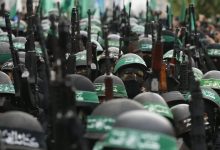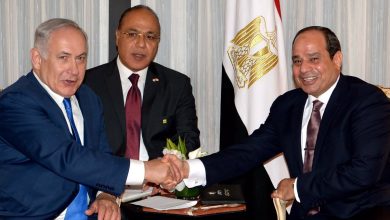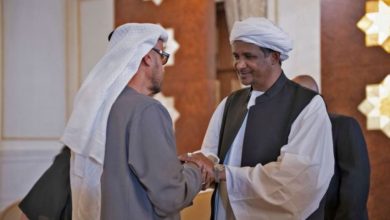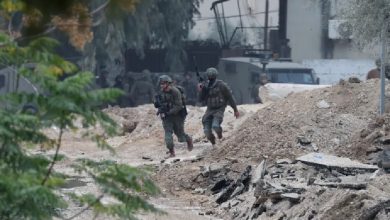Palestinian Prisoner Exchanges: A History of Struggle and Negotiation with the Israeli Occupation
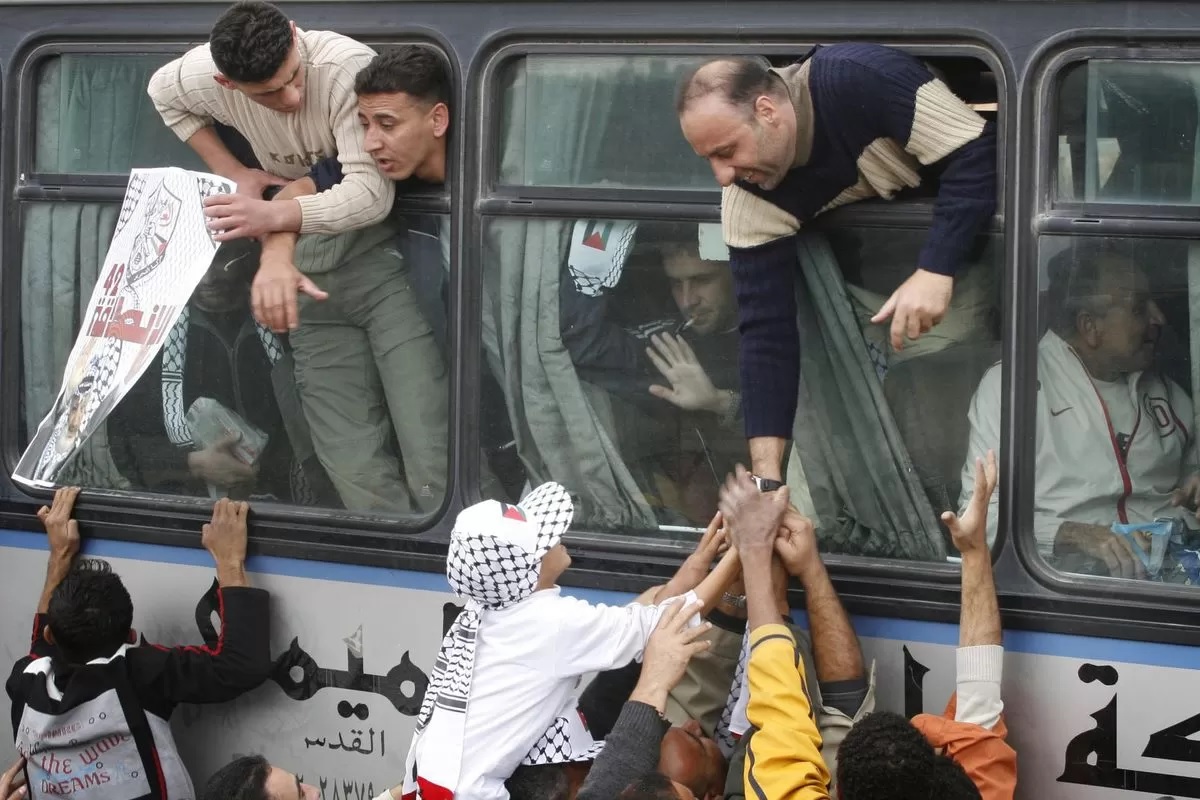
Watan-Since 1968, Palestinian resistance movements have succeeded in compelling the Israeli occupation to engage in numerous prisoner exchange deals, involving individuals with life sentences.
Up until 2011, the number of these exchange deals with the occupation reached around 10. The outcomes of these exchanges stirred controversy within Israeli circles, with criticisms describing the prisoner swaps as unbalanced and including individuals deemed dangerous according to their characterization.
In the midst of the Al-Aqsa Deluge operation, the “Qassam Brigades” and Palestinian factions in Gaza currently hold between 200 and 250 Israeli prisoners. They were captured since October 7, 2023, in response to repeated Israeli attacks on Al-Aqsa Mosque, with the aim of liberating the prisoners and detainees held in the occupation’s prisons.
Key Prisoner Exchange Deals in Palestine
Historically, Palestinian factions have successfully compelled the Israeli occupation to adhere to agreements that included prisoner exchange deals, leading to the release of thousands of prisoners, including women, children, and individuals sentenced to death or life imprisonment. Among the most notable of these deals are:
- 1968: Elements from the Popular Front for the Liberation of Palestine (PFLP) hijacked an Israeli plane en route from Rome to Israel, carrying 100 passengers. In exchange, 37 Palestinian prisoners were released.
- 1969: The PFLP also seized an American passenger plane heading to Tel Aviv with 116 Israelis on board. As a result, Palestinian fedayeen and Syrian pilots were released in a deal that transpired at that time.
- 1970: A group from the PFLP hijacked a British plane, forcing it to land in Beirut and then to Jordan. During this incident, Leila Khaled, who had been arrested while attempting to hijack an Israeli plane earlier that year, was released.
- 1971: A guard from the “Metula” settlement near the Lebanese border was kidnapped by Fatah militants. In return, one Palestinian prisoner sentenced to death was released.
- 1979: Amid the Israeli invasion of Lebanon, the PFLP captured a soldier and killed four others. In response, 76 Palestinian detainees from various factions, including 12 girls, were released.
- 1980: The Jordanian branch of Fatah detained “Amina Al-Mufti,” an agent of Israeli intelligence in Lebanon. In exchange, detainees Mehdi Bessiso, Abu Ali, and William Nassar were released.
Deals between 1983 and 1985
In 1983, during the Israeli invasion of Lebanon, the Palestinian movement “Fatah” captured eight Israeli soldiers. In the subsequent exchange deal, six of them were released, while the Popular Front for the Liberation of Palestine (PFLP) retained two soldiers. Additionally, the agreement led to the release of all 4,700 detainees from the “Ansar” camp, along with the liberation of 65 prisoners from Israeli jails.
In 1985, an extension of the previous deal took place. Alongside the two Israeli soldiers held by the PFLP, the occupation forces released Sergeant Hazi Yishai, who was captured during the Battle of Sultan Yacoub.
As part of this exchange, the occupiers released 1,115 detainees from Israeli prisons, including 99 from Arab countries and 118 from the Ansar camp. These exchanges in 1983 and 1985 marked significant milestones in the ongoing negotiations and efforts to secure the release of prisoners between the Palestinians and the Israeli authorities.
Gilad Shalit exchange deal
After years, “Al-Qassam Brigades” succeeded in 2009 by infiltrating tunnels to ambush the Israeli forces and capture the Israeli soldier Gilad Shalit.
In a successful deal, Al-Qassam managed to release 20 Palestinian female prisoners held by the occupation in exchange for a two-minute video showing Shalit in good health.
In 2011, more than 5 years after Shalit’s capture, the “Wafaa Al-Ahrar” deal took place, resulting in the release of 1027 Palestinian prisoners. The leader of the Hamas movement in the Gaza Strip, Yahya Sinwar, had previously confirmed that Al-Qassam was immediately prepared for a deal to release all prisoners held by the occupation in exchange for all prisoners held by the resistance.
This announcement from Sinwar came in late October, about 3 hours after the spokesperson for the Al-Qassam Brigades, Abu Ubaida, stated that the cost of the large number of Israeli prisoners held by the resistance in Gaza is the exposure of all occupation prisons to Palestinian prisoners.
Abu Ubaida had previously announced that the number of occupation prisoners held by the Palestinian resistance ranges from 200 to 250 or more. He also pointed out that dozens of them have been killed due to the airstrikes carried out by Israeli warplanes on Gaza.

